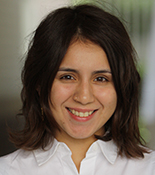Sarah Taylor, President
California State University, Dominguez Hills
Sarah Taylor is Associate Professor and Chair at the Department of Anthropology at California State University, Dominguez Hills. Her ongoing research foci include the relationship between social position and land use decisions made at the household level, participatory research design, and the shifting economic strategies employed by residents as they negotiate the arrival of tourism in their daily lives. More recently, her interests have shifted to include the role that traditional ecological knowledge plays in community-based tourism development and to explore the potentials for participatory research design and visual documentation in data collection.
<sartaylor(at)csudh.edu> | See Webpage
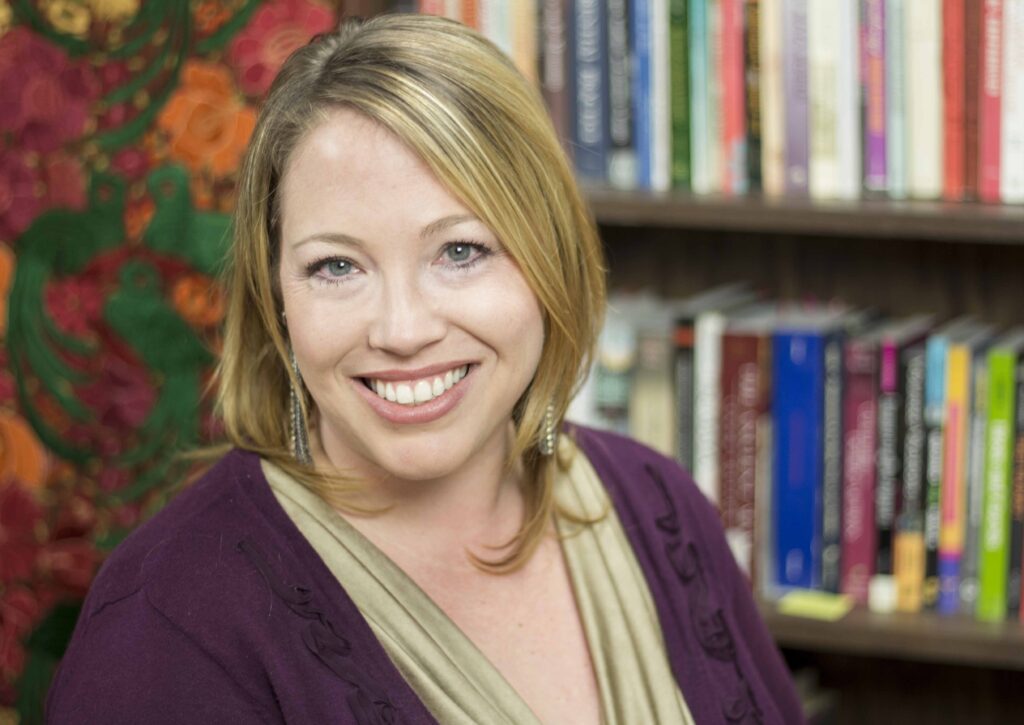
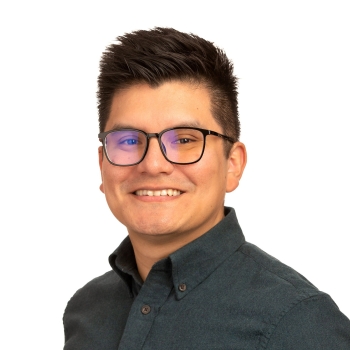
Julio Villa-Palomino, Treasurer
University of Michigan
I am a Peruvian-born sociocultural medical anthropologist whose research and teaching interests are situated at the intersections of psychological anthropology, Latin American Studies, and surveillance studies. My current research project ethnographically examines Peru’s transition to the Community Mental Health model.
<juliovp(at)umich.edu>
Jennifer Ashley, Biennial Conference Councillor
George Mason University
Jennifer Ashley is a political and media anthropologist in the Global Affairs Program at George Mason University. Her research has focused on the role of community and national media in democratization processes in Chile, as well as the country’s process to write a new constitution. She is also interested in the potential of digital humanities to present research to broader publics.
<jashley4(at)gmu.edu>
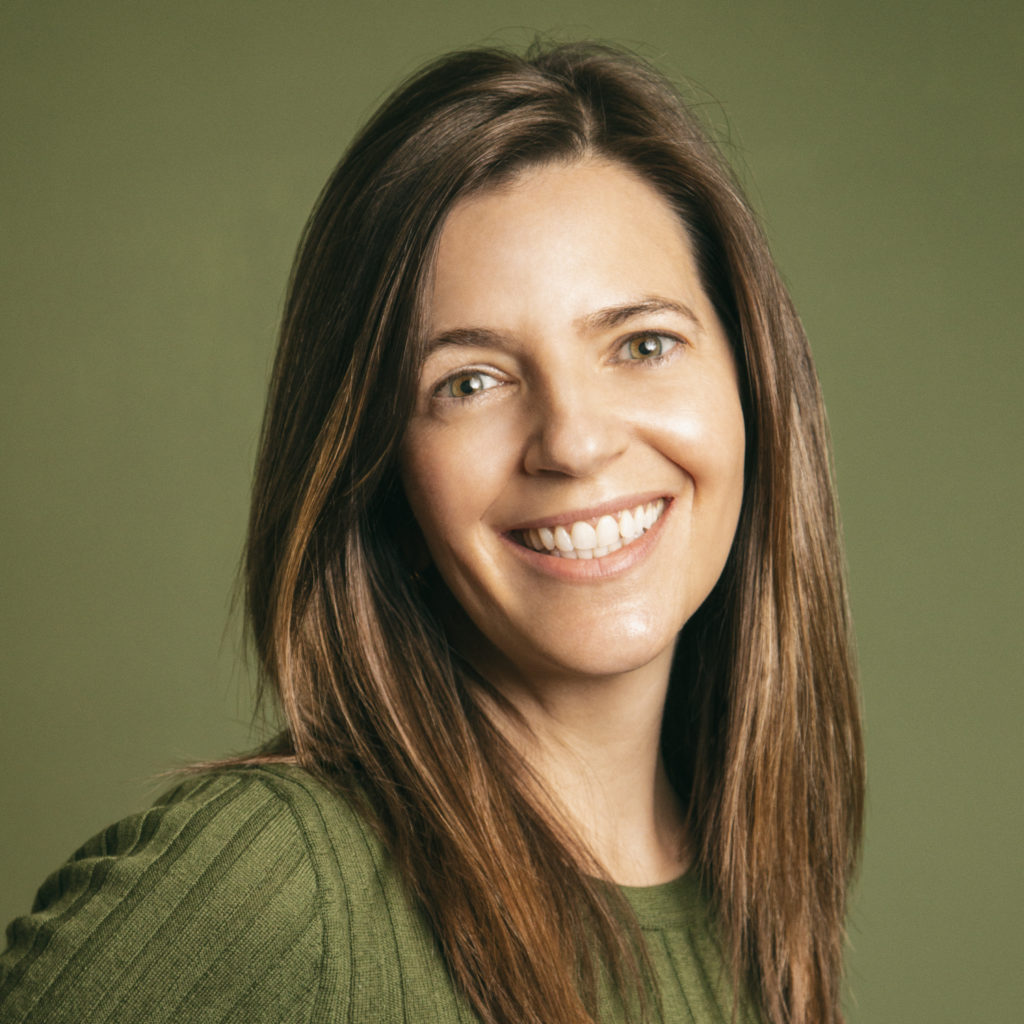
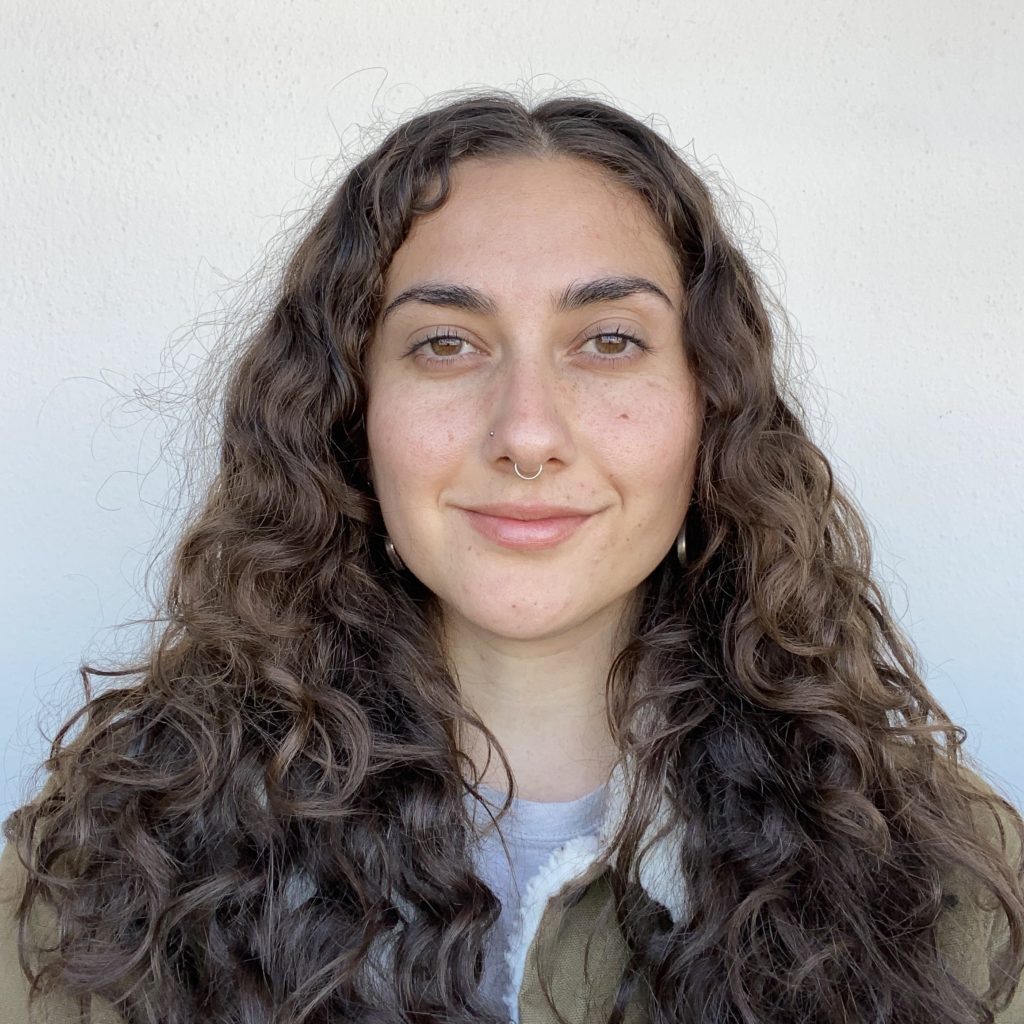
Melanie Ford Lemus, Secretary
Rice University
Melanie Ford Lemus is a PhD Candidate at Rice University. Her dissertation research examines the competing politics of governance for ravines in Guatemala City as they are framed by urban conservation initiatives, land tenure, architectural and planning discourse, the privatization of public space, and urban poverty. Her research aims to strengthen insight into how Guatemala City attempts to reckon and ameliorate social and environmental issues that result from the regional instability, marginality, and violence of the 20th century.
<melanie.ford(at)rice.edu>
Carwil Bjork-James, Program Councillor
Vanderbilt University
Carwil Bjork-James is the author of The Sovereign Street: Making Revolution in Urban Bolivia. He conducts immersive and historical research on disruptive protest, environmental struggles, state violence, and indigenous collective rights in Bolivia. Since 2015, he has been the lead researcher of Ultimate Consequences, a database of nearly six hundred deaths in Bolivian political conflict. A second research project looks at the political, ethical, and legal tensions that surround resource extraction projects pursued by “post-neoliberal” governments in South America. Both projects draw on his experience as an environmental and human rights advocate and as a participant in direct action protest movements.
<c.bjork-james(at)vanderbilt.edu> and See Blog
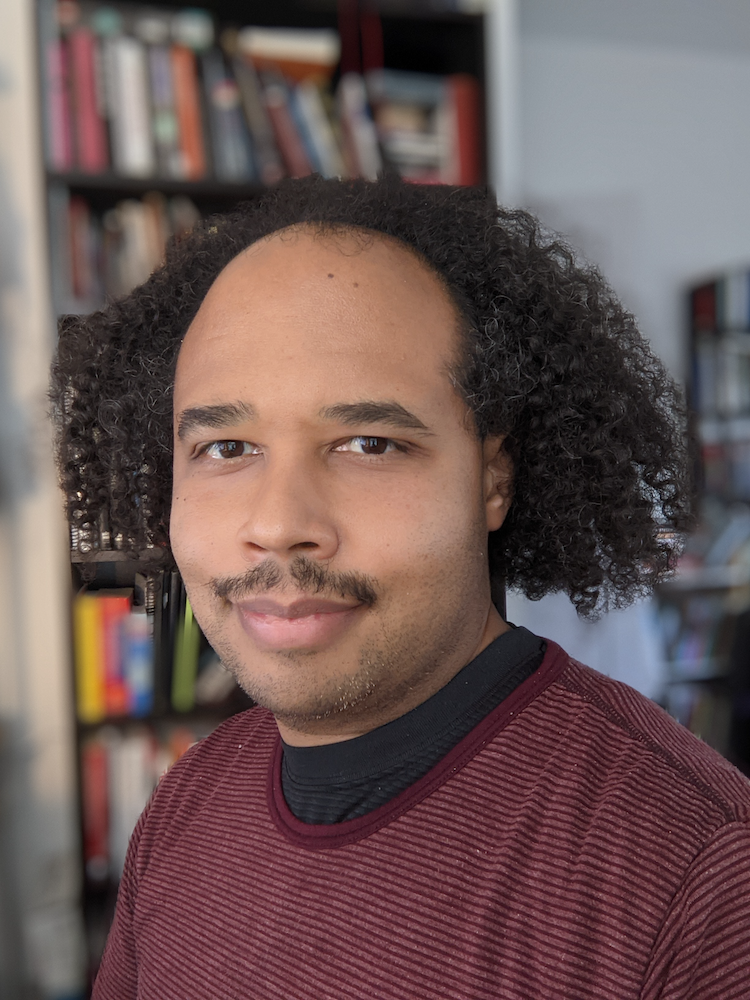
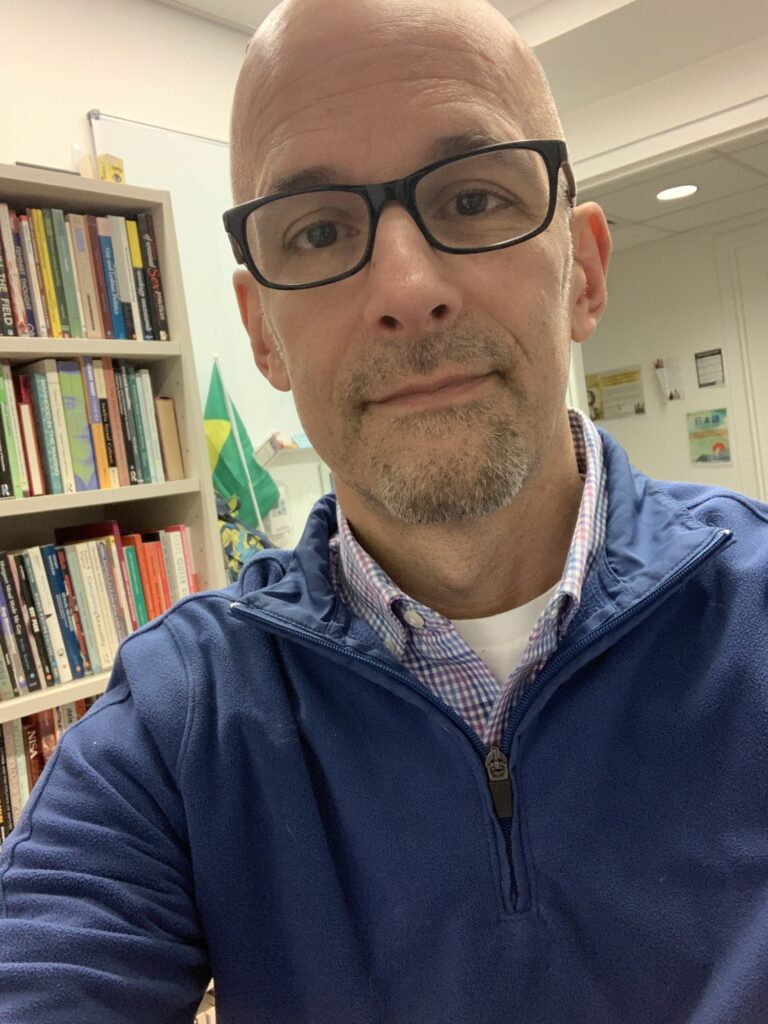
Benjamin Junge, Website Councillor
State University of New York at New Paltz
Benjamin Junge is a professor of anthropology at the State University of New York at New Paltz. His research focuses on class mobility, political attitudes, gender, sexuality, health, and religion. He recently co-directed a three-year investigation of political subjectivities among the demographic sector once known as Brazil’s “new middle class,” focusing on perceptions of the 2013-18 crisis, cultural memory of authoritarian pasts, and the rise of popular conservativism.
Kate McGurn Centellas, Nominations Councillor
Croft Institute of International Studies & University of Mississippi
My research broadly focuses on knowledge production in bioscientific and biomedical research in Bolivia and how these projects link to pluralist processes of identity formation and governance. Most recently, I am working on a collaborative project with colleagues at UMSA and UCB, La Paz, on why many Bolivians utilized chlorine dioxide as a treatment for COVID, a project that touches on conspiracy theories, distrust, and who counts as an authority. I am also the director of the Fulbright-Hays Group Projects Abroad Seminar in Bolivia.
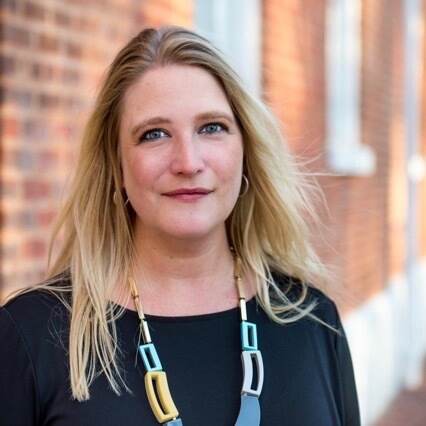
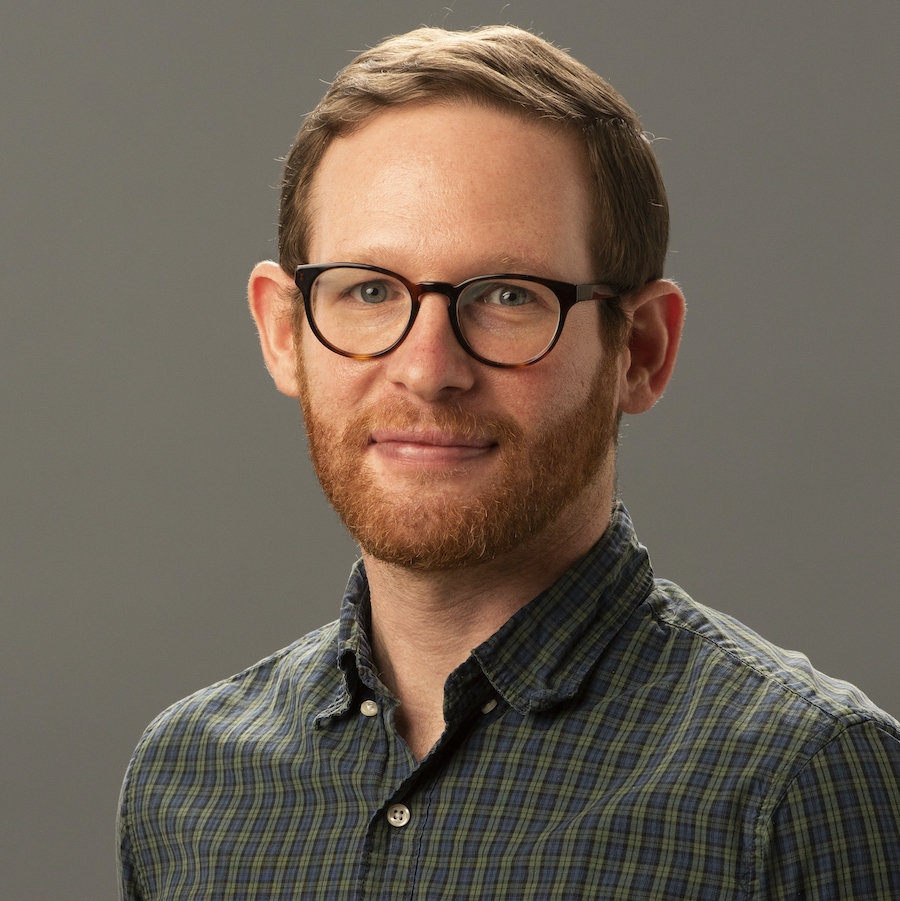
Ken Seligson, Prizes Councillor
California State University Dominguez Hills
Ken Seligson is Associate Professor of Anthropology at California State University Dominguez Hills. His research focuses on human-environment relationships and resource management practices in the northern Maya lowlands of the Yucatan Peninsula, as well as on ancient technology and the implementation of community archaeology practices. He has conducted archaeology fieldwork in Mexico, Honduras, Spain, and in the United States.
Tannya Islas, Student Councillor
University of California, Irvine
PhD Candidate, Anthropology at the University of California, Irvine.
<tislas(at)uci.edu>
